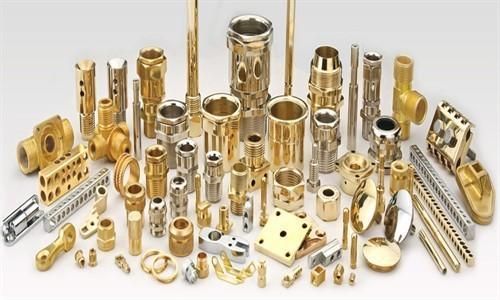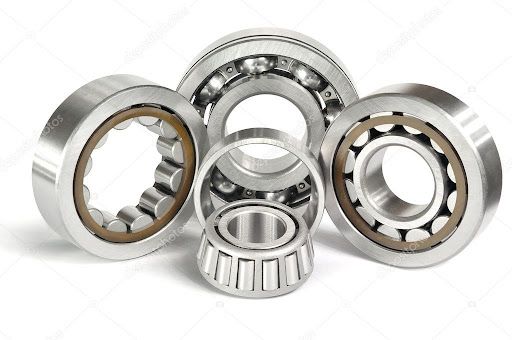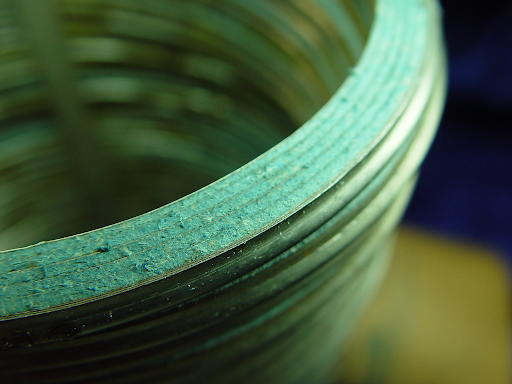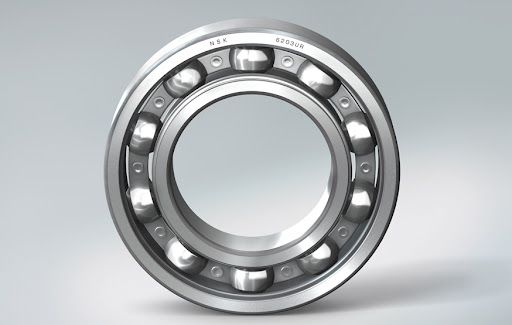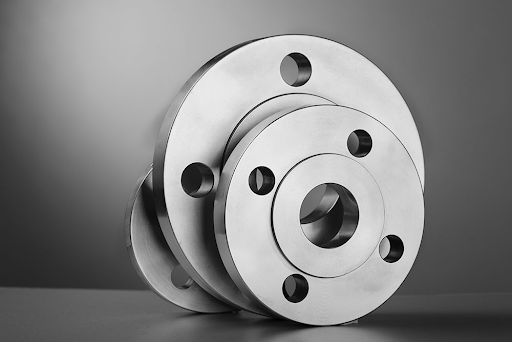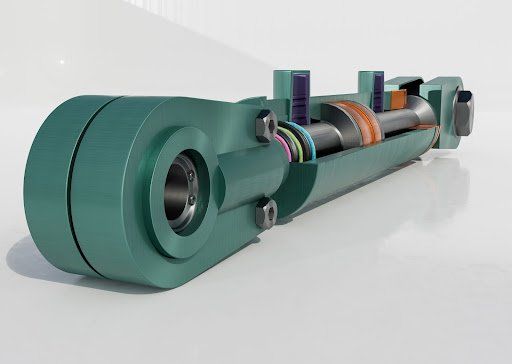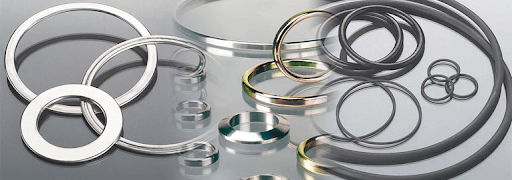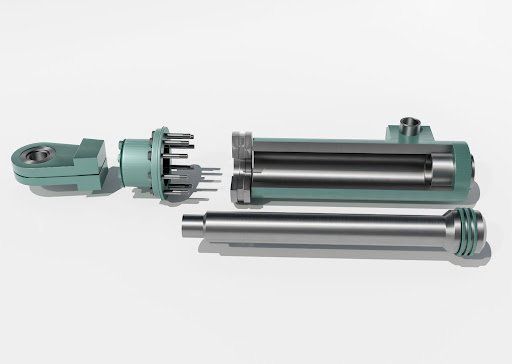How Sustainable Are Your Industrial Hoses?
How Sustainable Are Your Industrial Hoses?
The buzzword in industry has long been 'sustainability'. With the ecological footprints of businesses, particularly large industrial businesses, coming under the spotlight, it's more important than ever to be aware of your company's industrial waste and to do all you can to reduce it. Rubber hoses are considered urban solid waste and should only be disposed of in a permitted waste management facility. Sadly, this is rarely where the hoses, often filled with excess oil or toxic fluids, end up and the result is unfortunate for the environment.
As manufacturers and suppliers, especially those in the food, chemical, oil and gas industries, it's vital that you take responsibility for your waste and try to minimise it as best you can. One of the simplest ways to do this is by taking care of the components and machines you use, to maximise their lifespans and avoid throwing them away unnecessarily. Not only does this benefit the eco-system, but it also saves you enormous costs and downtime in the long run. The first step to achieving this is understanding what causes your industrial hoses to wear down.
Industrial hoses naturally have an expiry date, but the biggest threat to an early expiration is exposure. External factors such as extreme temperatures, UV and ozone radiation, wind, erosion, pressure, vibration, chemical attacks, steam, static electricity and general human activity, will all influence the lifespan of your rubber hoses. If the hoses are then exposed to these factors repeatedly, on a daily basis, the threat to the sustainability of the hose and its assembly will be enormous.
Once you're aware of the environmental factors that can contribute to the deterioration of your hoses, the next step is proper care and maintenance. Instructions from the manufacturer on how to care and store your rubber hoses will always be supplied with your purchase, but there are other general rules to consider. Avoid careless handling and obviously, don't let your hoses drag over sharp or abrasive surfaces. Industrial hoses should only ever work as hard as they're designed to, so make sure they are always below their pressure limits. Transport your hoses as carefully as you can, possibly even with a dolly, to avoid cuts and kinks.
The last but most crucial practice for sustainable hoses is regular inspection and tests. A visual check of the hose's outer wall could quickly detect erosion, deformation or cracks, saving you from a sudden problem that could easily be prevented. Check that the fittings and couplings are tight and replace them if necessary. A hydrostatic test should also be done at least every six months to ensure the hose's safety and if necessary, flush the hose with alcohol after the test to remove any trapped water.
If sustainability is something that your company truly cares about then start by making sure all your hoses are properly maintained. And remember, gaining a long service life from your industrial hose will benefit not only the environment but your business as well. So, if you're a manufacturer in need of industrial hoses or more advice on how to extend the life of your assembly, contact us today and see how the Bearing Centre products and services can benefit you for a lifetime!

